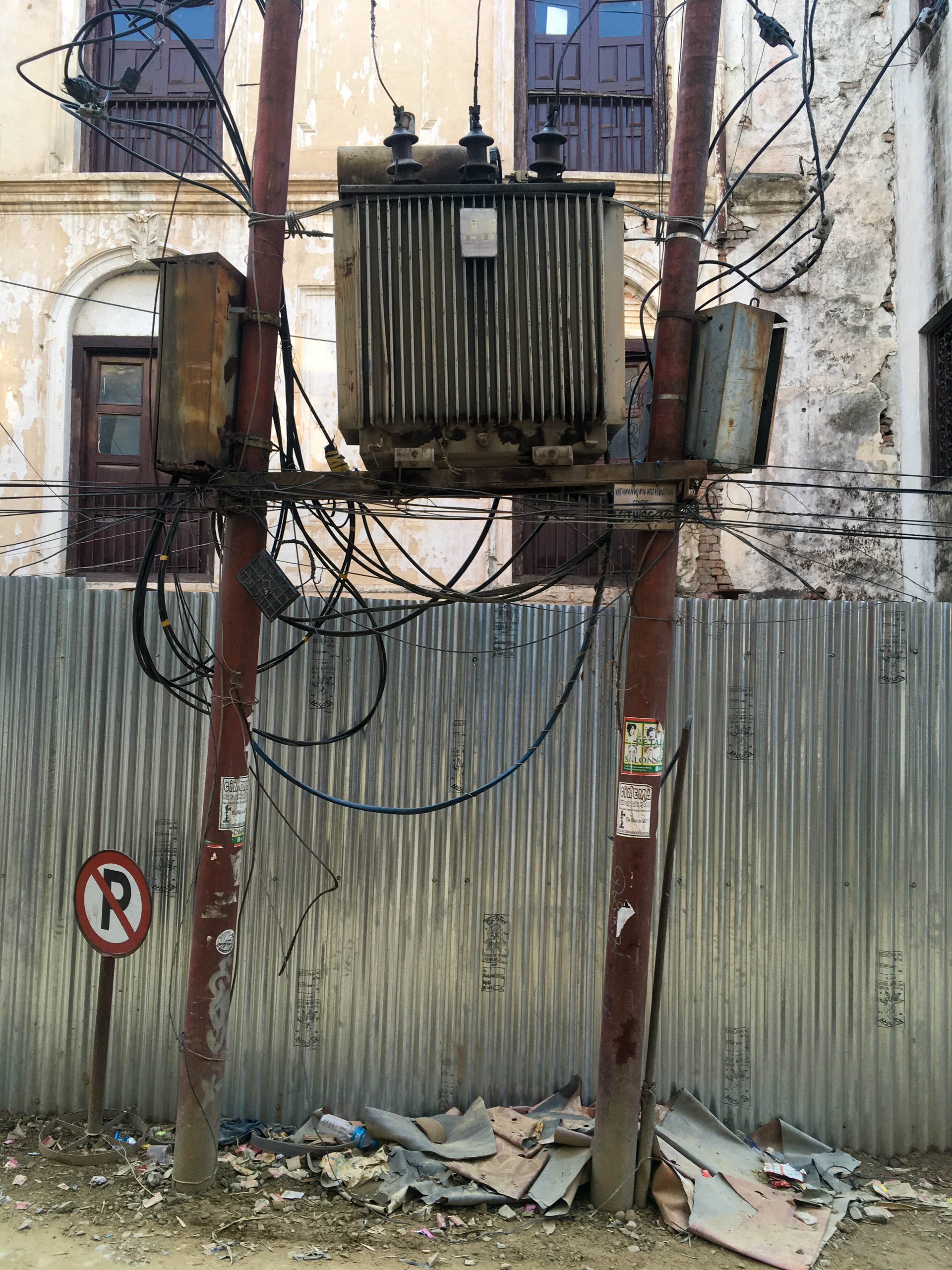On March 20, 2024, the BCUC approved a request from BC Hydro to reconsider an earlier BCUC decision that the utility must file two related infrastructure requests together.
As a result, BC Hydro no longer needs to obtain a Certificate of Public Convenience and Necessity (CPCN) for its Westbank Substation Upgrade Project at the same time as it applies for a CPCN for its West Kelowna Transmission Project. The BCUC had previously found that these projects were sufficiently related that they could be more expediently reviewed together.
BC Hydro alleged no error of fact or law in its request for a reconsideration of the earlier decision. Rather, it argued that because the two projects now have different schedules, and the substation project is no longer dependent on the transmission project, it is no longer expedient to file a joint CPCN application for the two projects together.
The BCUC conducted a hearing, allowing letters of comment, and provided reasons for its decision.
Analysis
There is a compelling logic to the BCUC’s decision to separate these two CPCN requests. The Westbank substation is at capacity, and needs to be upgraded to meet higher-than-anticipated demand growth. It would not make sense to delay the project to await for the transmission project, which has been delayed, to catch up.
There is one matter the BCUC did not address in its reasons, however. In September 2018, the BCUC published its SAP Inquiry Report into allegations concerning BC Hydro’s 2008 decision to invest in SAP software. The BCUC concluded that “the way the SAP Decision was made prevented its appropriate scrutiny by BC Hydro’s Board of Directors and the BCUC.”
In essence, BC Hydro had decided to spend $170 million on SAP, but did not present this as a single decision for approval by its Board or the BCUC. Instead, multiple projects of smaller value were approved at lower levels in the organization, as each project individually failed to meet the threshold for the higher-level review.
BC Hydro has taken steps since the SAP Inquiry to satisfy the BCUC that projects won’t be split up to avoid scrutiny. For example, in its revenue requirements applications, BC Hydro now provides an appendix with summaries of “capital project strategies plans and studies” to allow the BCUC to identify possible cases where large, multi-project decisions are being made.
The reason the BCUC pays attention to related projects is not just because it might be more efficient to evaluate them together, it’s also to ensure that projects are not broken down to avoid scrutiny at all.
This risk remains, and the BCUC needs to remain alert to it. In the Westbank substation example, there are compelling reasons to treat the two projects separately, and there has been an open and transparent process to make this decision. But let’s not forget the lessons of the BC Hydro SAP Inquiry.
Scoreboard
However justified this decision, it makes it three out of three for BC Hydro in its series of four reconsideration requests filed in the three months since the government replaced the BCUC Chair in September 2023:
| Reconsideration proceeding | Application date | Outcome |
| F2025 DARR and TIRR and Reconsideration Related to the TIRR | October 30, 2023 | Approved February 20, 2024 |
| Westbank Station Upgrade Reconsideration of G-47-18 | November 21, 2023 | Approved March 20, 2024 (the subject of this article) |
| Reconsideration of BCUC Order G-91-23 Directive 20 | December 18, 2023 | In progress |
| Reconsideration of PBR Report Order G-388-21 | December 21, 2023 | Approved March 15, 2024 |
One more to go…


